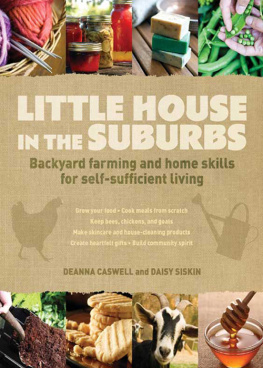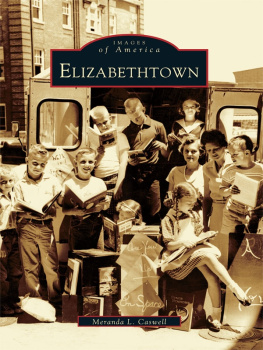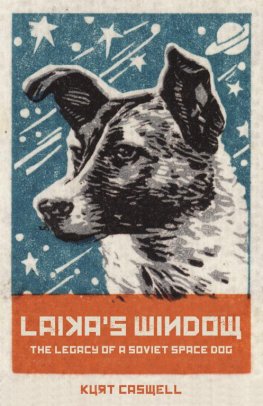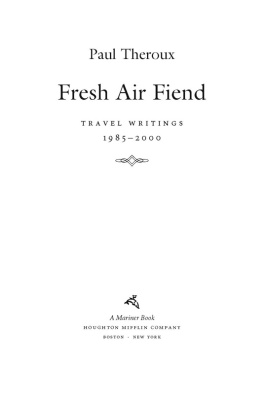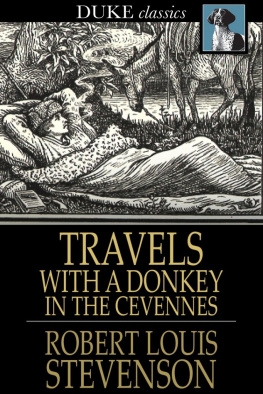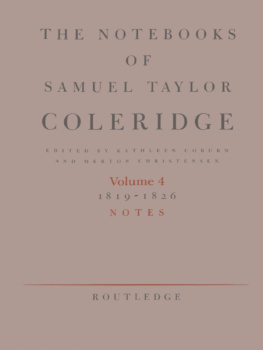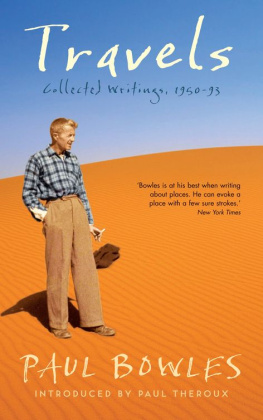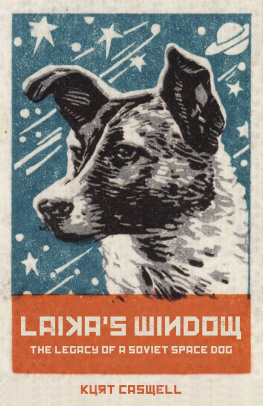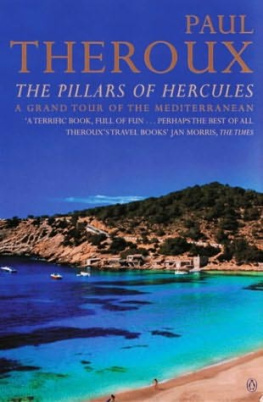

Published by Trinity University Press
San Antonio, Texas 78212
Copyright 2015 by Kurt Caswell
All rights reserved. No part of this book may be reproduced in any form or by any electronic or mechanical means, including information storage and retrieval systems, without permission in writing from the publisher.
Cover design by Sarah Cooper
Book design by BookMatters, Berkeley
Cover images: iStock.com/Vividus; korionov; zuperman; igoralecsander; chriscrowley; Sorapop; Minerva Studio; Bobbushphoto; wuttichok; ritfuse; brianbalster; Lagni
Some of these essays appeared in the following publications: a small part of A River in Hokkaido in Potomac Review, spring/summer 2004; the second part of Les Femmes Belles avec Merci in Matter issue 12, summer 2009; Four Mountains in To Everything on Earth: New Writing on Fate, Community, and Nature, edited by Kurt Caswell, Susan Leigh Tomlinson, and Diane Hueter Warner, Texas Tech University Press, 2010; an early draft of Crossing Over the Mountain in Waccamaw, April 24, 2011; Ah, Venice, Again in Slab, issue 6, 2011; A Short Walk in Anasazi Country in Earthlines, issue 1, 2012; Death in Seville in American Literary Review, fall 2012; Getting to Grey Owls Cabin in Terrain.org, August 1, 2013; the first part of Les Femmes Belles avec Merci in Shadowgraph Magazine, winter 2014.
Poems by Matsuo Bash
 , on pages 89 and 19 are from The Narrow Road to the Deep North: And Other Travel Sketches. Trans. Nobuyuki Yuasa. New York: Penguin, 1966.
, on pages 89 and 19 are from The Narrow Road to the Deep North: And Other Travel Sketches. Trans. Nobuyuki Yuasa. New York: Penguin, 1966.
Home-sickness by Mary Mackellar on page 114 is from The Book of Highland Verse; An (English) Anthology, Consisting of (A) Translations from Gaelic, translated by Dugald Mitchell, 1912.
Trinity University Press strives to produce its books using methods and materials in an environmentally sensitive manner. We favor working with manufacturers that practice sustainable management of all natural resources, produce paper using recycled stock, and manage forests with the best possible practices for people, biodiversity, and sustainability. The press is a member of the Green Press Initiative, a nonprofit program dedicated to supporting publishers in their efforts to reduce their impacts on endangered forests, climate change, and forest-dependent communities.
The paper used in this publication meets the minimum requirements of the American National Standard for Information SciencesPermanence of Paper for Printed Library Materials, ANSI 39.481992.
ISBN 978-1-59534-262-1 ebook
CIP data on file at the Library of Congress
19 18 17 16 15 | 5 4 3 2 1
for Scott a companion for every road
I am a nomad, not a farmer. I am an adorer of the unfaithful, the changing, the fantastic. I dont care to secure my love to one bare place on this earth. I believe that what we love is only a symbol. Whenever our love becomes too attached to one thing, one faith, one virtue, then I become suspicious.
Good luck to the farmer! Good luck to the man who owns this place, the man who works it, the faithful, the virtuous! I can love him, I can revere him, I can envy him. But I have wasted half my life trying to live his life. I wanted to be something that I was not. I even wanted to be a poet and a middle class person at the same time. I wanted to be an artist and a man of fantasy, but I also wanted to be a good man, a man at home. It all went on for a long time, till I knew that a man cannot be both and have both, that I am a nomad and not a farmer, a man who searches and not a man who keeps. A long time I castigated myself before gods and laws which were only idols for me. That was what I did wrong, my anguish, my complicity in the worlds pain. I increased the worlds guilt and anguish, by doing violence to myself, by not daring to walk toward my own salvation. The way to salvation leads neither to the left nor the right: it leads into your own heart, and there alone is God, and there alone is peace.
Herman Hesse, Wandering
CONTENTS
Japan, 199295
China, 1995
Italy, 2009
Spain, 2009
Morocco, 1993
United Kingdom and Ireland, 2007
Scotland, 2007
Iceland, 2013
Saskatchewan, 2012
Utah, 1996, 1999, 2001, 2006
Idaho, 2006
Japan, 199295
It is fall now, and the Chitose River is high and green, the cooler rains coming in to swell it from the mountain lake at its headwaters, Shikotsuko (Dead Bones Lake). The river moves fast through the trees and dwarf bamboo, and through a shower of colored leaves when the wind comes in, a bluster of bright butterflies. These fall colors fall. They spring, tumble, and float, spreading over the rivers surface like drops of paint, widening, a careless painters palette. The colors bleed together in looping swirlsoil on water. Dragonflies spin away, setting the sky in motion, and kingfisher and grey heron where the trees are hung low to touch the water, and in those cool, quiet shaded troughs at the cut bank, salmon move upriver toward the lake, the second deepest lake in Japan.
I paddle with my friend, Noguchi, our two canoes adding two colorsblue and red. There before the Chitose salmon hatchery, Noguchi turns his boat into an eddy behind an exposed rock. The rapid below is short and straight, not much to worry over. Noguchi scans the chute for obstructions, anything that wasnt here the last time we paddled through. The route looks clear, and he positions the bow of his boat upstream at the eddys edge, pulls three strokes hard with his paddle, driving the bow of his boat into the oncoming current. The fast water takes the bow out, pushes it, spins it, the boat turning and turning, as Noguchi peels out leaning, his bow now facing downstream. He takes the rapid head-on. I see his boat drop into the wave-hole. He vanishes a moment, a moment more, except for his black helmet visible above the rivers horizon clouded with spray. His boat takes on speed, hits the bottom of that hole where the water dropping down begins to press up as the boat buoys, and, with Noguchis hard final stroke, punches through the peaking wave. Downstream, he finds another eddy behind an even larger rock, turns in out of the current, faces upstream again, and looks for me to come down.
I peel out of the eddy, following Noguchis line, and run the rapid clean and fine, catch the same eddy behind the big rock, and there we sit like bobbing ducks, my hand resting on his shoulder, the river moving fast around us.
Ka-to, Noguchi says, his pronunciation of my name, I want a more bigger waves.
I nod in agreement. But its a pretty morning, I say.
Yes, of course. Pretty morning. You see the salmons? he says pointing to the shallows along the left bank.
And I do see them. They are there and there and there, crowded against the rocky shore. I see dorsal fins exposed to the open air, their backs curved ellipses outlined by the water, like the hull of a canoe. The salmon are funneled into a tight chute, all of them trying to move upstream at once. They thrash and turn and push. They are running out of time. Or, time is running out of them. Noguchi and I both need to get home soonour workday is about to begin. In turn, we pull up into the faster current along the outside edge of the eddy, push out and away, our boats back into the fast water moving down.
Next page

